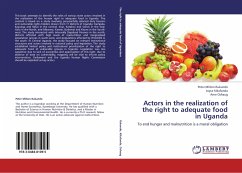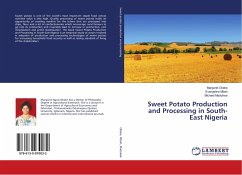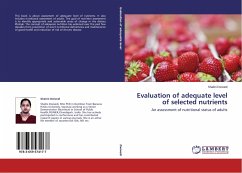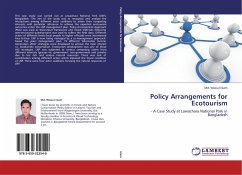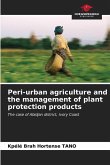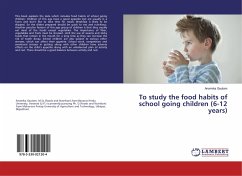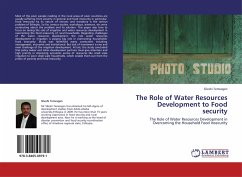This book attempts to identify the roles of various state actors involved in the realization of the human right to adequate food in Uganda. The content is based on a study involving purposefully selected duty bearers and vulnerable rights holders drawn from 11 districts of Uganda: Kampala, Kayunga and Rakai in the central; Jinja, Katakwi and Soroti in the East; Gulu in the North; and Mbarara, Kasese, Bushenyi and Kisoro in the South-west. The study interacted with Internally Dispalced Persons in the north, districts affected with high levels of malnutrition and marginalised population groups in south-west, and populations affected by HIV/AIDS in the south. In Central Uganda, the study focused on relevant institutional structures and actors involved in national policy and legislation. The study established limited policy and institutional prioritization of the right to adequate food of vulnerable groups in Uganda. Legislation was less suppotive due to lack of awareness and appreciation of this right. due to absence of data on vulnerability, mapping will be vital to inform policy interventions. Parliament and the Uganda Human Rights Commission should be exploited as key actors.
Bitte wählen Sie Ihr Anliegen aus.
Rechnungen
Retourenschein anfordern
Bestellstatus
Storno

